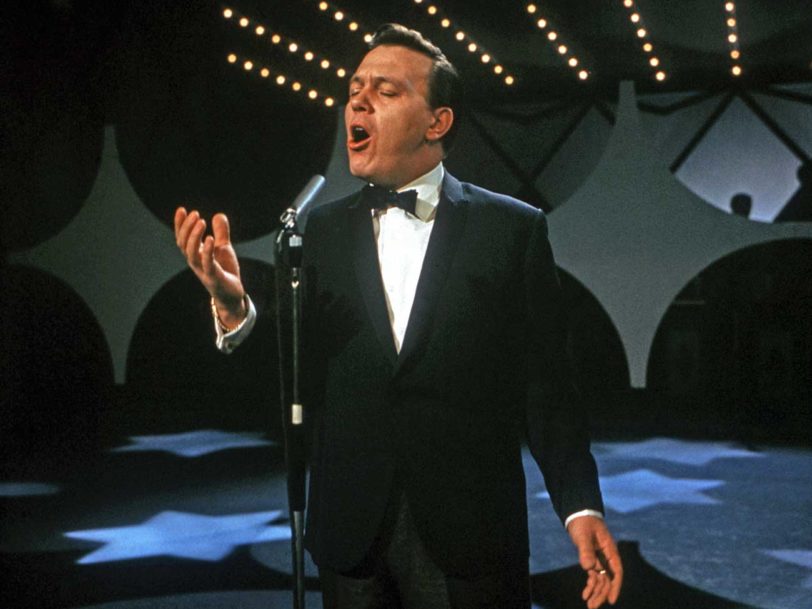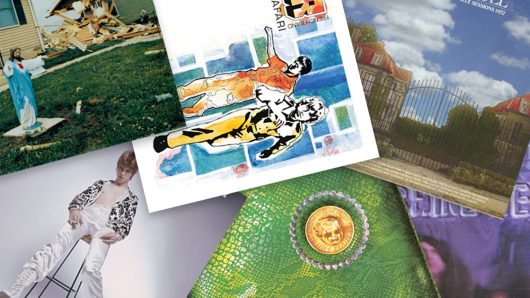Born Terence Parsons in Shoreditch, East London, on 1 December 1930, Matt Monro was working as a bus driver for London Transport when he broke into the music business in 1956. Mentored by British celebrity pianist Winifred Atwell, who gave the singer his stage name, Monro’s career took off after landing at EMI’s comedy imprint, Parlophone, in 1959, where producer George Martin featured him on a Peter Sellers record, for which he performed a Frank Sinatra pastiche under the name Fred Flange. The future Beatles producer was impressed enough to offer Monro a record deal, and, in 1960, the singer scored the first of 13 UK hits with Portrait Of My Love, which still holds its own among the best Matt Monroe songs of all time.
Monro went on to achieve huge international fame – especially in Latin America, where he sold millions of records – but his career came to a premature end on 7 February 1985, when he succumbed to cancer, aged 54. Though he died too soon, the cockney crooner’s popularity endures, thanks to the many memorable recordings he made that still resonate with listeners around the world.




